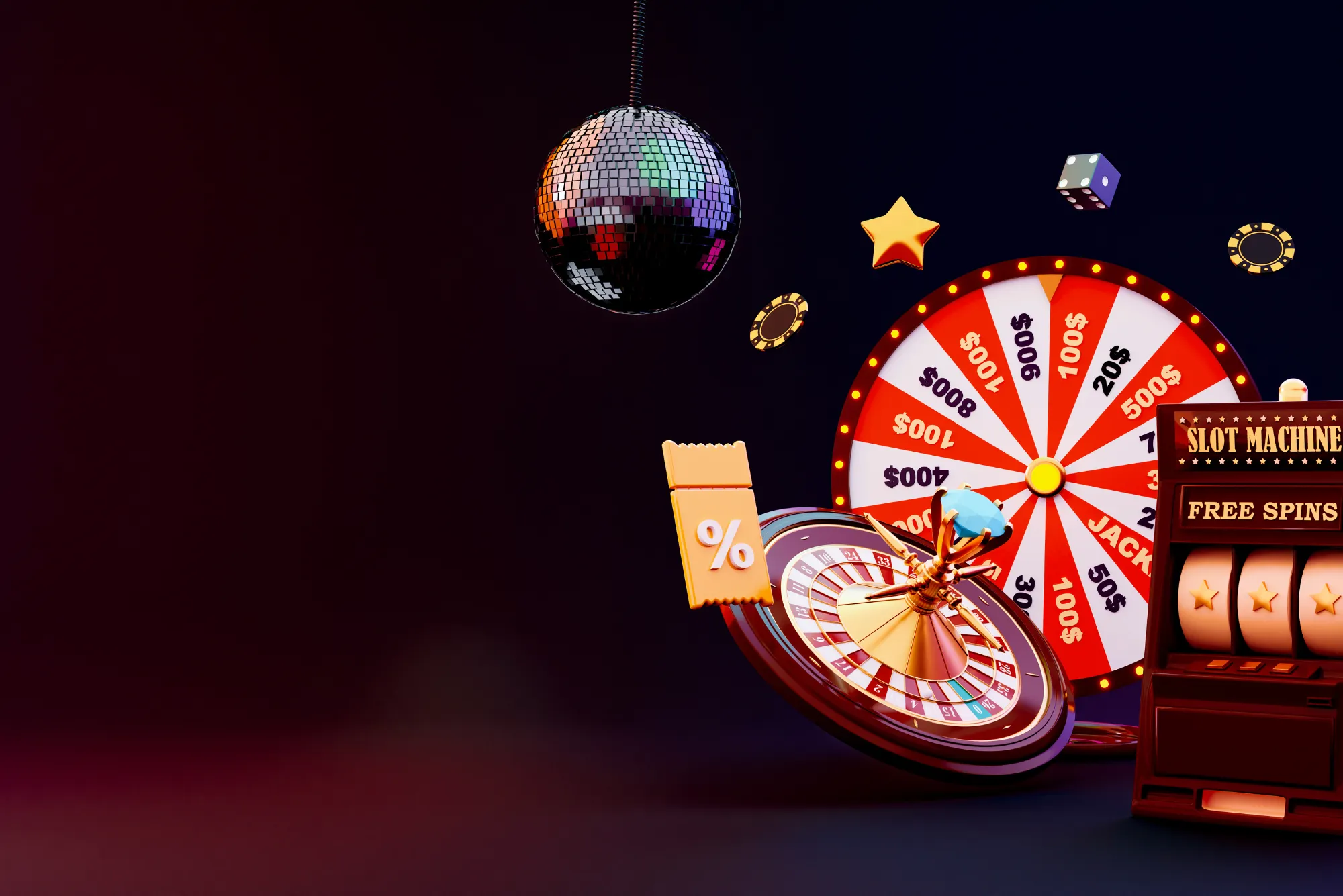If you’ve spent time spinning the reels on your favorite slot machine, whether at a land-based casino or online, you’ve likely heard talk about “hot streaks” and “cold streaks.” These phrases get tossed around often in gambling circles. But can a player really be on a streak when playing slots—a game governed by Random Number Generators (RNG)? Do winning or losing streaks actually influence future outcomes? And more importantly, can recognizing streaks affect your overall slot wins?
In this article, we’ll take a deep dive into the reality of player streaks, how they are perceived, what the math says, and how your experience may differ when playing at traditional online casinos versus no KYC casinos. We’ll also discuss how human psychology plays into the perception of streaks and how understanding these patterns can help you make more informed decisions when playing slots.
Understanding Slot Mechanics and RNGs
To understand if streaks truly affect your outcomes, it’s essential to start with how slot machines actually work. At the core of every modern slot machine is a Random Number Generator, or RNG. This is a computer algorithm that constantly cycles through thousands of number combinations every second—even when no one is playing. The moment you hit the “spin” button, the RNG selects a combination that determines your result.
This process is designed to be completely random. It doesn’t remember past spins and doesn’t care if you’ve won five times in a row or lost twenty. Each spin is entirely independent of the one before it, which is what mathematicians call a “memoryless” process. So from a technical standpoint, streaks shouldn’t exist—at least not in a way that can influence future outcomes.
So Why Do Streaks Feel So Real?
Despite the science behind slot mechanics, many players swear by streaks. They might say, “I was on a hot streak last night!” or “This machine is cold—try something else.” These statements are grounded more in human psychology than in fact.
Humans are naturally pattern-seeking creatures. We’re wired to look for trends and relationships in data—even when none exist. This is known as the Gambler’s Fallacy: the mistaken belief that if something happens more frequently than normal during a given period, it will happen less frequently in the future (or vice versa). For instance, if you’ve lost ten spins in a row, you might feel like you’re “due” for a win. The truth? You’re not. Each spin is as random as the first.
Still, while streaks may not affect the actual outcomes, they do influence how we perceive our experience, which in turn can affect how we play, how much we wager, and when we decide to stop or continue. In this way, streaks indirectly influence slot winnings—not by changing the odds, but by changing the player’s behavior.
Real-World Streak Patterns: Coincidence or Clue?
Experienced players sometimes report identifying patterns over time. They might argue that certain times of day, specific games, or even particular online platforms tend to pay out more often. There’s no empirical proof that supports such claims consistently, but it is possible for random results to create short-term patterns that look like streaks.
Let’s say you’re playing an online slot and you win three moderate payouts in five spins. Statistically, that could just be a lucky run. But your brain may categorize it as a hot streak and influence you to bet more aggressively. The problem arises when this run ends abruptly and you chase the losses, assuming the streak might continue.
This is where the perception of streaks can become dangerous. Understanding that each spin is random helps you stay grounded and avoid risky decisions based on false trends.
How No KYC Casinos Influence Streak-Based Play
Enter no KYC casinos—a relatively new player in the online gambling world. These platforms don’t require lengthy identity verification processes (Know Your Customer, or KYC) before you can deposit, play, and withdraw funds. This speed and anonymity attract many seasoned and casual gamblers alike.
But how does this relate to streak-based thinking?
With no KYC casinos, players often jump in and out of platforms quickly. There’s less emotional investment in a particular site, which can influence how streaks are interpreted. If someone hits a cold streak, they might switch platforms entirely rather than sticking around. Likewise, if they hit a hot streak, they might cash out faster without the friction of identity checks and delayed withdrawals.
These dynamics create a new level of flexibility that can either help or hurt players, depending on how disciplined they are. Players who understand that streaks are psychological may use the ease of no KYC casinos to reset emotionally, jumping off when it makes sense. On the other hand, impulsive players may misuse the fast access, hopping from one platform to another in pursuit of an imaginary streak, leading to more erratic behavior and potential losses.
Behavioral Psychology and Streak Management
Knowing that streaks are largely psychological doesn’t make them any less powerful. In fact, recognizing how your own brain reacts to wins and losses is one of the most important skills a gambler can develop. Are you betting more because you think you’re on a hot streak? Are you chasing losses because you believe a cold streak has to end soon?
One powerful tool in managing this behavior is setting firm limits—both in terms of bankroll and time spent playing. It’s also helpful to plan your betting strategy ahead of time, and not deviate based on short-term outcomes.
Another effective method is to journal your sessions. Keep track of when and how you win or lose, how much you wagered, and how you felt. Over time, this can reveal patterns in your behavior, not the machine’s, which is where the real leverage lies.
The Role of Casino Payout Settings
It’s also worth mentioning that not all slot machines are created equal. Each game has a preset Return to Player (RTP) percentage that influences how much, on average, the machine is expected to pay out over a long period. RTPs typically range from 85% to 98%, depending on the game and the casino.
While RTP doesn’t guarantee short-term wins or losses, it does mean that games with higher RTPs give you better odds over the long run. Choosing games with better RTP, combined with strong bankroll management, is more effective than trying to “ride a streak.”
Interestingly, no KYC casinos often offer games from decentralized or crypto-based platforms, which may be provably fair. These games use cryptographic algorithms to ensure fairness, and their outcomes can be independently verified. This adds a layer of transparency that’s often missing from traditional online casinos and may appeal to players wary of streak-based myths.
Can Streak Awareness Improve Your Play?
So, we circle back to the core question: Can player streaks affect your slot wins? In terms of actual game mechanics—no. The RNG doesn’t care about streaks. But from a behavioral standpoint, understanding how streaks influence your decision-making can absolutely impact your results.
For instance, if you recognize that you tend to go “all in” after three wins in a row, you can consciously avoid that pattern. Or if you realize that chasing losses after a cold streak is a frequent mistake, you can pre-plan exit points to protect your bankroll.
This kind of self-awareness—especially when playing at no KYC casinos where anonymity and quick gameplay are tempting—can make the difference between a fun, controlled session and a regrettable blowout.
Final Thoughts: Make Psychology Work for You
Slots will always be a game of chance. No strategy or pattern can outsmart an RNG. But that doesn’t mean you’re powerless. By understanding how streaks work—or don’t—you can avoid falling into the trap of magical thinking and instead focus on managing your play.
Recognizing your own psychological patterns, choosing games with favorable RTPs, and taking advantage of the flexible environment at no KYC casinos can collectively improve your slot experience. The streak may be in your head, but if you play smart, the winnings don’t have to be.
In the end, it’s not about chasing a hot hand—it’s about knowing when to walk away, when to stay, and when the streak you need is one of wise decisions, not just lucky spins.








